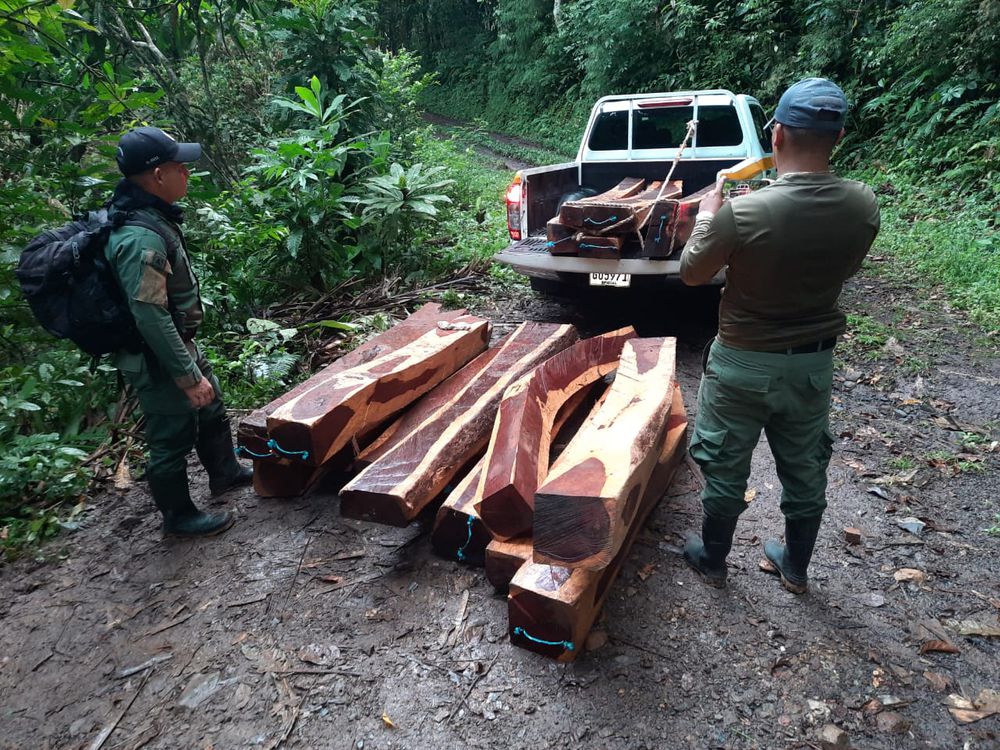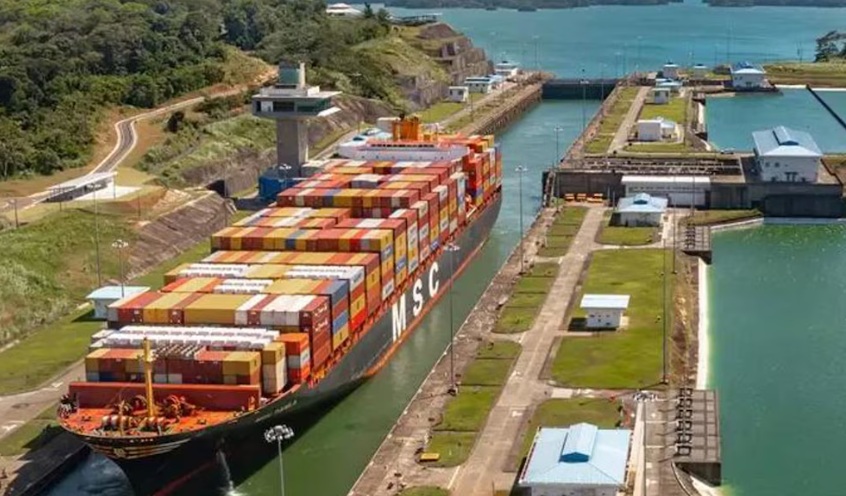Criminal gangs plunder protected national parks in search of cocobolo

The 19,545 hectares of Soberanía National Park, located between the provinces of Panama and Colón, have become the target of criminal networks in search of the valuable Dalbergia retusa species known as cocobolo.
The ecological reserve where there are some 1,300 species. of plants and 525 species of birds is under constant threat by marauders who enter the humid forests in search of cocobolo.
On August 2, the Public Ministry, initiated an investigation for the crime against natural resources (logging of trees in protected areas) and against wildlife, after the discovery of two tons of the precious cocobolo in the park.
“This wood is presumed to be destined for illegal trafficking and export to the international market,” the entity reported.
On Tuesday, the Environmental Police reported that some 18 processed wood logs of the same species were found by the Intelligence Section against Environmental Crimes in conjunction with agents of the Environmental Police within this protected area.
Elvin Ortiz, head of the Environmental Police, stressed that this type of wood is protected by national and international laws, as it is in danger of extinction. The seized shipment was transferred to the Ministry of the Environment for custody.
Soberanía Park is part of the biological corridor of protected areas in the eastern zone of the Panama Canal, which also includes the Metropolitan Park, the Camino de Cruces National Park and Gatun Lake. This means that it is one of the most important ecological reserves for the Canal watershed.
The Minister of the Environment, Milciades Concepción,said they carry out operations with the National Police every week, which is why these criminal groups are captured in flagrante delicto.
The minister acknowledged that this is not an easy task, since there are some 200 park rangers in the country to guard at least 100 protected areas.
They also analyze the creation of a “national environmental protection service”, as it exists in other countries. He commented that there is currently a commission evaluating the creation of this type of team with the Ministry of Security.
Unarmed rangers
“The park rangers do not carry weapons and the criminals do, which is why we believe that the solution is an environmental protection service, that is, turning the Environmental Police into an environmental protection institution and increasing its foot force.”
In March, the Ministry of the Environment and the National Police detained a container in a port in Colón that had China as its final destination, with 500 tucas of the tree species, valued at not less than $1 million.
The investigations showed that the wood did not meet export requirements, so it is presumed that it was illegally extracted from protected areas





